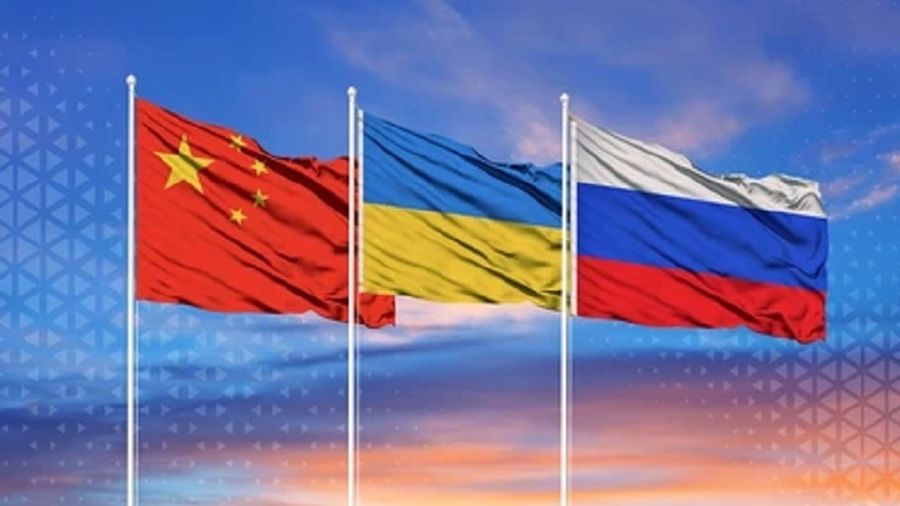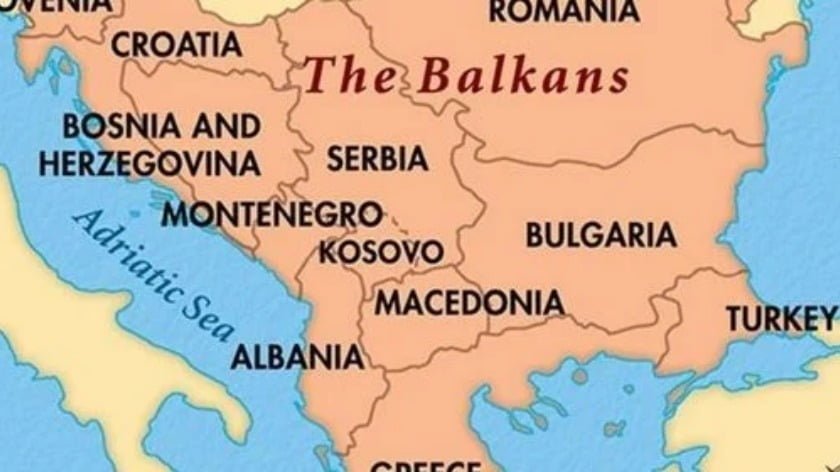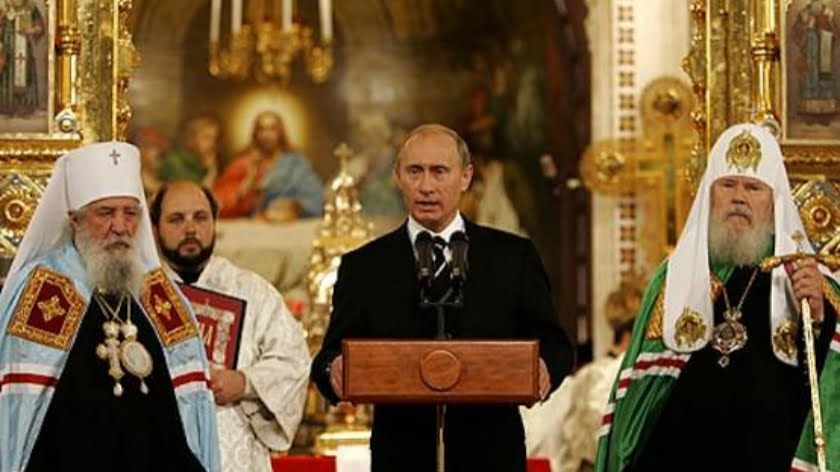China’s Impartiality Amid Russia’s Special Operation in Ukraine Is Impressive
China’s stance towards every conflict will always remain pragmatic and guided by its grand strategic vision of creating a community of common destiny through BRI, which brings together a wide variety of stakeholders, including those that are rivals of one another like Russia and Ukraine.
Chinese Foreign Ministry spokesman Zhao Lijian very proudly proclaimed that his country’s stance towards Russia’s special military operation in Ukraine is “completely objective, impartial, and constructive” following false US claims that Moscow supposedly solicited the People’s Republic for aid. This policy pronouncement also came a day after the American and Chinese National Security Advisors met in Rome to discuss that conflict and other matters of mutual interest. Mr. Zhao’s statement shouldn’t have come as a surprise to anyone who closely follows China’s foreign policy though those who are only casually follow it might have been taken a bit aback.
That’s because this multipolar Great Power is just as much of a victim of the US-led West’s information warfare campaign as Russia is. They’re incessantly misportrayed by the Mainstream Media, which spins their ties as something akin to a so-called “alliance” in order to fearmonger about both of them at the same time. This in turn serves the US’ grand strategic interests by galvanizing the Western public into supporting their governments’ heightened military expenditures and other policies promulgated on this artificially manufactured pretext. The reality is that while Russia and China are comprehensive strategic partners, neither is going to fight in the other’s war for them.
China’s very proudly practiced policy of impartiality in the Ukrainian Conflict is the direct result of its pragmatic engagement with the world at large. The People’s Republic doesn’t believe in taking sides in any foreign dispute, choosing instead to always call for political solutions that place all parties on the path to peace as soon as possible. It nevertheless believes that everyone involved should also take accountability for their actions in leading up to whatever the crisis might be, such as when Mr. Zhao suggested that “What the U.S. should do is to deeply reflect on the role it has played in the development and evolving of the Ukraine crisis, and do something practical to ease the tension in Ukraine.”
That, however, shouldn’t be interpreted as a partisan statement but as a principled out driven by the country’s pragmatic foreign policy of objectively assessing all events. China is the leading trade partner of most countries in the world, which has resulted in the creation of countless relations of complex economic interdependence that are no longer Western-dominated like in decades past. The grand strategic goal that’s being openly pursued by the People’s Republic is to forge a community of common destiny for mankind. This twist on the Neo-Liberal theory of International Relations basically posits that those who trade a lot with one another are unlikely to unilaterally disrupt those ties with force.
In other words, China believes that its Belt & Road Initiative (BRI), which serves the driving force behind its community of common destiny paradigm, is a means for ultimately bringing about world peace. Accordingly, with the People’s Republic emerging at the center of these countless relations of complex economic interdependence, it cannot afford to take any of its partners’ sides against the other. In the context of this analysis, Chinese-Ukrainian ties are actually surprisingly close as the author explained in his piece earlier in the year that can be read here.
That’s one of the reasons why Chinese Foreign Minister Wang Yi said during last month’s Munich Security Conference that “the sovereignty, independence and territorial integrity of all countries should be respected and safeguarded…and that applies equally to Ukraine. If anyone questions China’s attitude on this matter, it is ill-intended sensationalization and a distortion of China’s position.” This statement can be interpreted as equally friendly towards Russia’s security dilemma concerns as well as Ukraine’s proclaimed interests.
In such ways, China’s world-class diplomats who have millennia of experience behind them are doing their utmost to pragmatically balance between their partners, including asymmetrically sized ones like Russia and Ukraine that are presently clashing with one another. This is an extremely difficult task to pull off, let alone as flawlessly as China impressively does, which speaks to its expertise in this field. Nevertheless, the US always attempts to leverage its dominant position over the global narrative to discredit the People’s Republic just like it tries to do the same to the Kremlin.
Returning back to why nobody should have been surprised by this position, it’s objectively the case that Russia and China’s comprehensive and historically unprecedented strategic partnership definitely doesn’t equate to a traditional “alliance” in terms of mutual security guarantees. Nobody who closely follows the foreign policy of the People’s Republic should have ever expected Beijing to directly support Moscow’s military operations the same as they shouldn’t expect Moscow to support Beijing’s. The exception, of course, is if something suddenly changes to unexpectedly alter their strategic calculations.
That, however, hasn’t happened (at least not yet) throughout the course of Russia’s ongoing special operation in Ukraine. The Eurasian Great Power doesn’t realistically require any support from anyone to successfully accomplish its multiple tasks that are all in one way or another related to upholding the integrity of its national security red lines in Ukraine in particular and the region more broadly. For this reason, nobody should interpret China’s impartiality as “refusing to support” Russia either since Moscow hasn’t requested such from Beijing to begin with nor is the country ever likely to need it.
China’s stance towards every conflict will always remain pragmatic and guided by its grand strategic vision of creating a community of common destiny through BRI, which brings together a wide variety of stakeholders, including those that are rivals of one another like Russia and Ukraine. Instead of attempting to decisively shape the outcome of any given partner’s conflict and thus discrediting its well-earned reputation of neutrality, China will almost always (barring some Black Swan event) stay out of the fray, call for peace, support humanitarian efforts, and decline supporting one over the other.







